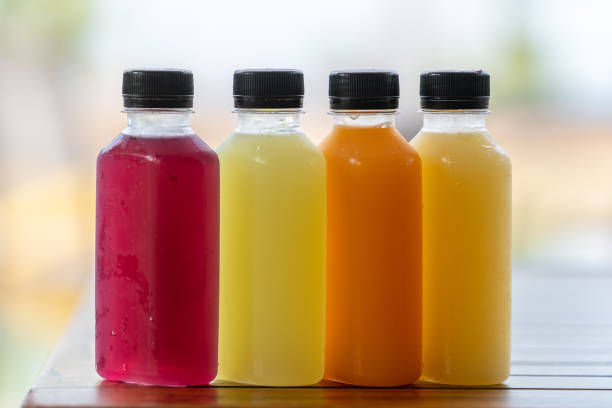Water is often touted as the elixir of life, essential for maintaining bodily functions and overall health. Among the many hydration recommendations, the advice to drink eight glasses of water a day has become deeply ingrained in popular consciousness. However, is this recommendation rooted in scientific evidence, or is it merely a myth perpetuated over time? In this essay, we will explore the origins of the “eight glasses a day” mantra, examine the scientific basis (or lack thereof) behind it, and discuss the actual hydration needs of the human body.
Origins of the Myth The notion of consuming eight glasses of water daily can be traced back to a misinterpretation of a recommendation by the Food and Nutrition Board of the National Research Council in 1945. The report suggested a “suitable allowance” of water for adults, stating that “a suitable allowance of water for adults is 2.5 liters daily in most instances” — roughly equivalent to eight 8-ounce glasses. However, what often gets overlooked is the remainder of the sentence which states, “for those who have higher output, as much as 6 liters may be necessary.” Thus, the recommendation was a generalized guideline rather than a strict rule applicable to everyone.
Scientific Basis Contrary to popular belief, there is no one-size-fits-all recommendation for daily water intake. The amount of water needed varies depending on factors such as age, weight, sex, climate, physical activity level, and overall health. The human body has a sophisticated mechanism for regulating hydration known as thirst. When the body’s water levels drop below a certain threshold, it triggers the sensation of thirst, prompting individuals to drink fluids. This mechanism ensures that we consume an adequate amount of water to maintain hydration.
Moreover, water is not the only source of hydration. Many foods, such as fruits and vegetables, contain high water content and contribute to overall fluid intake. Additionally, beverages like tea, coffee, milk, and even juices can contribute to hydration.
Debunking the Myth Research has consistently shown that the “eight glasses a day” rule is arbitrary and lacks scientific basis. A review published in the American Journal of Physiology found no evidence to support the recommendation of eight glasses of water per day. Instead, the authors emphasized the importance of individualized hydration strategies based on thirst and lifestyle factors.
Furthermore, excessive water intake can lead to a condition known as hyponatremia, where the sodium levels in the blood become dangerously low. Symptoms of hyponatremia include nausea, headaches, confusion, and in severe cases, seizures and coma. While rare, overhydration can be just as harmful as dehydration, highlighting the importance of listening to the body’s natural cues for thirst.
Hydration Guidelines So, how much water should you drink? Rather than adhering to a specific quantity, experts recommend listening to your body’s thirst signals and adjusting your fluid intake accordingly. Additionally, monitoring the color of your urine can provide valuable insights into your hydration status. Pale yellow urine is a sign of adequate hydration, while dark yellow or amber-colored urine may indicate dehydration.
For those seeking a general guideline, the Institute of Medicine recommends a total daily water intake of about 3.7 liters (or about 13 cups) for men and 2.7 liters (or about 9 cups) for women, including fluids from all sources. However, it’s essential to remember that these are average recommendations and may need to be adjusted based on individual factors.
Conclusion The myth of needing to drink eight glasses of water a day has persisted for decades, despite lacking scientific evidence. While staying hydrated is crucial for overall health, there is no magic number of glasses that everyone should drink. Instead, individuals should listen to their bodies, drink water when thirsty, and consume a variety of fluids and hydrating foods to meet their individual needs. By debunking this myth and promoting a more nuanced understanding of hydration, we can empower people to make informed choices about their health and well-being.



